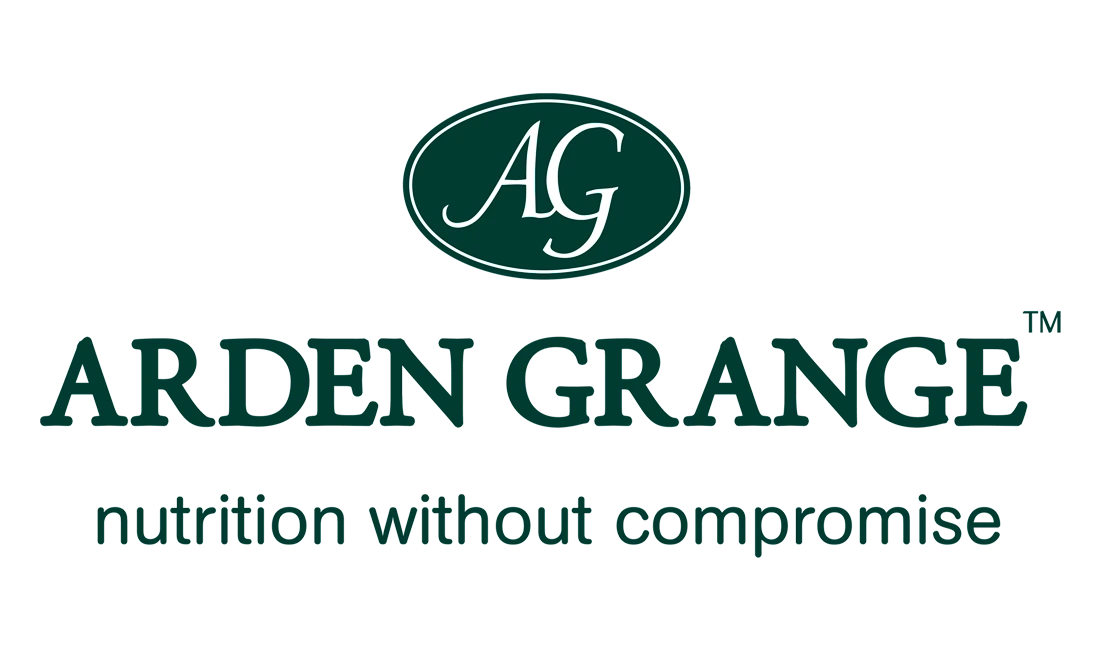What's causing your pet's diarrhea?
Almost every dog or cat will suffer from diarrhea at some point in their lives. The odd bout of 'the runs' doesn't always indicate a serious problem. However, in the long – term, diarrhoea can result in very poor health and immunity and other conditions such as inflammatory bowel disease and impacted anal glands.
Some common causes are easy to identify and resolve or avoid. Excessive food intake, stress, scavenging or sudden dietary changes are all examples of these. With careful dietary management such bouts should clear up after a few days.
In prolonged cases, treating the symptoms may help to alleviate any discomfort and diminish the signs of a problem, but it is most likely to recur unless the actual cause is established and dealt with. Some of the many possible causes of loose stools fall into 4 main categories:
Bacterial infection – e.g. campylobacter, salmonella
Viral infection – e.g. parvovirus in dogs
Antibiotic resistant diarrhoea (ARD); this condition was previously known as small intestinal bacterial overgrowth (SIBO)
Worm infestation – e.g. roundworm, tapeworm
Protozoal parasites – e.g. giardia, isospora
Inflammatory bowel disease
Exocrine pancreatic insufficiency (typically stools are yellowish in colour)
Chronic pancreatitis Intestinal foreign body
Neoplasia (cancer)
True food allergy or hypersensitivity
Dietary intolerance
Your vet may need to conduct various tests to eliminate or diagnose one or more of these conditions. At the initial examination, the vet will be able to palpate your pet’s abdomen (i.e. feel for any abnormalities) and take your pet’s temperature; a raised temperature is frequently indicative of an infection.
Other very useful diagnostic techniques may include endoscopic examination, sonography and gut biopsies. Blood and faecal samples are relatively easy to obtain, your vet will carry out these non-invasive procedures first, and if necessary, undertake more complex procedures afterwards in order to help to establish a definitive diagnosis and prescribe the right course of treatments.
Whatever the cause, there are a number of helpful measures that may be taken at home to help your pet through bouts of diarrhoea and also to prevent them in the future.


 Puppy
Puppy
 Adult
Adult
 Senior
Senior
 Sensitive
Sensitive
 Treats
Treats Kitten
Kitten
 Adult
Adult
 Senior
Senior
 Trusted British Brand
Trusted British Brand

